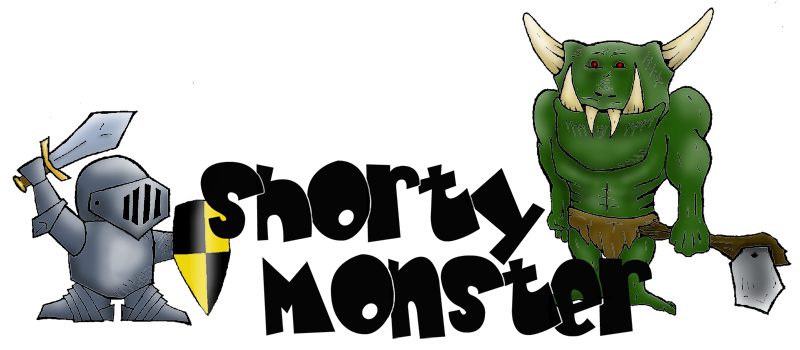One thing that has become clear in my vast month long experience of RPG blogging, is that every other GM who blogs does about twenty times the work I do in planning and running a game. That’s not to say that my games suck, I have an awful lot of people who would say otherwise. But I manage to do it without the buckets of effort that others put in. This will probably be the first of many blogs where I talk about short cuts and GMing tips that could, if you’re confident enough, take a lot of the hassle out of running your own game. To start with I’m going to talk about populating a small settlement in a way that takes less time but still looks well rounded.
I start with NPCs that players will meet. People in shops, mostly, or someone plot related who introduces themselves. These NPCs are statted in the simplest way possible, and this is a method I use with every system for any NPC that doesn’t deserve its own character sheet. The system I was using last time, so the one I will be drawing examples from, was Unhallowed Metropolis. I love this system and setting and have run games using it that have lasted years.
Before we get into their stats though, lets think about names. I like having fun with this, and do take a bit of time to prep before each game coming up with a list of name. Last time I compiled a decent list of Lovecraftian names, and whittled out the most recognisable ones to leave me with a few sides of A4 of random men’s and women’s names. Leave a line between each name, and pick out a few at first for the NPCs that you know you’re going to need and quickly jot down a few things that will flesh them out enough to be recognizable to your players, and you, when you need to play them again. Any stat that’s different from the average, just make a quick note of it and the difference, throw in a specialty skill and you’re almost done. Next pick a quirk, either physical or social that means they’ll stand out and make a note of that too. After that, anything else you need to remember just make quick notes of, you don’t want too much to read if you’re playing the character as it slows down the flow of a game.
That leaves a bunch of other names on your list, but don’t worry they’ll get used soon enough. The village will have a bunch of other people in it, farmers, workers, kids and the elderly. 90% of them will never be needed as the players will have no reason to talk to them, so don’t worry about them until the players feel the need to find anything out about them. This works very well with imaginative players who will think of solutions you may not. Do they need someone in town who used to be in the army? You never thought of that, but twenty of the farmers are just one dimensional shadows at the moment. So go to your list, find an appropriate name, give them a stat boost and extra skill that makes sense, a quirk that would be fun to roleplay, and respond to your creative player, “yup, the barman tells you about a good old boy who comes in of an evening telling stories about his time in the Deathwatch”, and away you go.
When it come to stats, UnMet has a pretty basic set and the usual skills. Choose your human average, in this case 2 across the board, and a set of skills most people would have a level in, then one per NPC that they’re trained in and can have at level 2. Then pick a stat or two that differ from the mean, usually one up, one down, but play around with as much as you want; they’re your characters and don’t have to fit the mean if you don’t think they would. This applies to everyone in your little settlement, and takes a matter of second to make the notes next to name you’ve not used yet.
A lot of people use random tables and feel free to go for it if the idea of picking quirks out the hat during a game is a bit daunting. But my best advice would be to prep a list – or steal it from a much better prepared blogger out there – and familiarise yourself with it a little before you run the game. That way you should have in your short term memory a few ideas that you can quickly take down without it looking to our players like you’re doing it all off the roll of a dice and are instead putting a lot of thought into each decision.
I hope some of that was useful, and as soon as I think of some other ways to speed up your GMing prep, I’ll share them with everyone.
